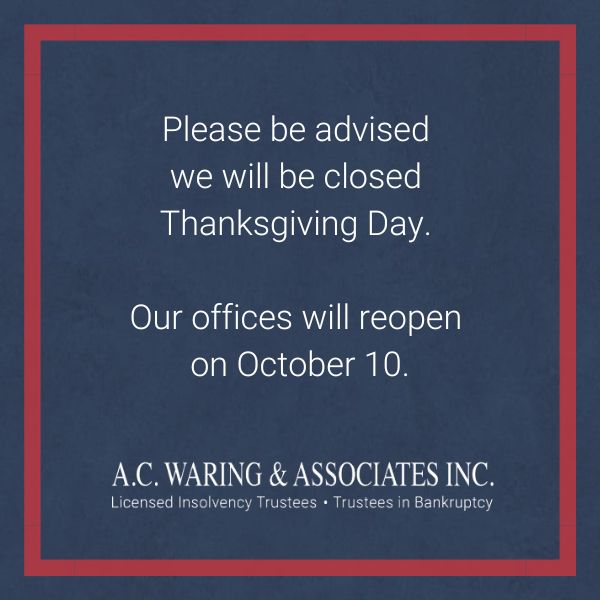Losing a loved one is always difficult, and it can be even harder when you have to handle their finances. If you are their power of attorney (POA) while they are still alive, you could be responsible for managing various debts such as utility bills, subscriptions, taxes (personal and property), credit cards, loans, and mortgages.
As the power of attorney or executor for a loved one, you may not usually be held accountable for their debts. However, certain circumstances may make you responsible. Handling another person’s debts can present challenges, and seeking financial advice is often advisable.
Wills and estates are formalized through an attorney, but it is important to understand your role as someone’s power of attorney or executor of the estate.
WHAT IS POWER OF ATTORNEY?
Power of attorney is a legal document allowing a person to appoint someone they trust to make financial decisions on their behalf. In Alberta, the document must meet legal requirements to be valid. Once signed, the “attorney” has the authority to make decisions about finances, health care, and other matters if the person who granted the power of attorney can no longer make these decisions.
Managing Debt as Your Loved One’s Power of Attorney
Acting as someone’s POA does not mean you need to pay off their debts yourself. However, you do need to act in the best interest of your loved one, which may include managing their debts. You can pay your loved one’s debt with their money if they have enough funds.
Consider your financial options if your loved one does not have enough to cover their debts. Working with a professional can help you find solutions to pay off your loved one’s debts.
WHAT IS AN EXECUTOR OF AN ESTATE?
A person’s estate is all the assets and liabilities they have under their name. The “executor” is responsible for managing the estate when the owner passes away, as directed by the deceased person’s will and the legal expectations of the role.
It is common for executors to be family members or close friends, but they can also be hired lawyers tasked with estate management or paid professionals brought in as needed.
Are You Required to Be the Executor of the Estate?
If you refuse to execute your loved one’s estate, the responsibility will transfer to an alternative person named in the will. In the absence of an alternative executor, the estate will be handled according to the laws and regulations of the province or territory where your loved one lived.
In Alberta, the Wills & Succession Act determines who takes over the execution of an estate. This process varies depending on the circumstances of the deceased individual. In most cases, a surviving spouse or next of kin oversees the estate.
Once the executor is named, they will then need to pursue a grant of probate to confirm the will’s validity and their role as executor. If the will requires land management, the executor will also need a grant from the Alberta Land Titles Office before any real estate can be transferred.
Before an executor can carry out their duties, they must have formal copies of the Certificate of Death to present to banks, trusts, and pension organizations and proof of executor authority.
Managing Debt as an Executor
All outstanding debts (liabilities) of a loved one must be paid, including income tax, before any beneficiaries receive payment.
If the executor fails to pay these debts before paying the beneficiaries, they will be legally responsible for paying them.
CAN YOU INHERIT DEBT?
You are not responsible for paying off a deceased loved one’s debts, as the money in their estate may cover them. However, this can change if there’s a co-signatory, property liens, or insufficient assets in the estate to clear all debts.
The most common situations where debts may be co-shared include shared credit cards and co-signed loans.
Having a Supplementary Credit Card
If someone shares a credit card with the deceased, they will be equally responsible for paying off the credit card debt. However, the executor may arrange for the estate to pay off the debt and discontinue the card, subject to the funds owed versus the estate’s worth and whether or not the secondary signatory was the major spender aside from the purchased needs of the deceased.
Being a Co-Signer on a Loan
Co-signed loans can be complex depending on the loan and borrowed money. In most cases, the estate will cover the loan payment in full. Otherwise, the co-signer will be responsible for payments to the loan.

GET HELP MANAGING DEBT
Know that there is help if you or a loved one is unsure how to make sense of various assets and liabilities. We can provide meaningful strategies to help manage your financial situation and debts. You do not need to manage your financial queries alone.





